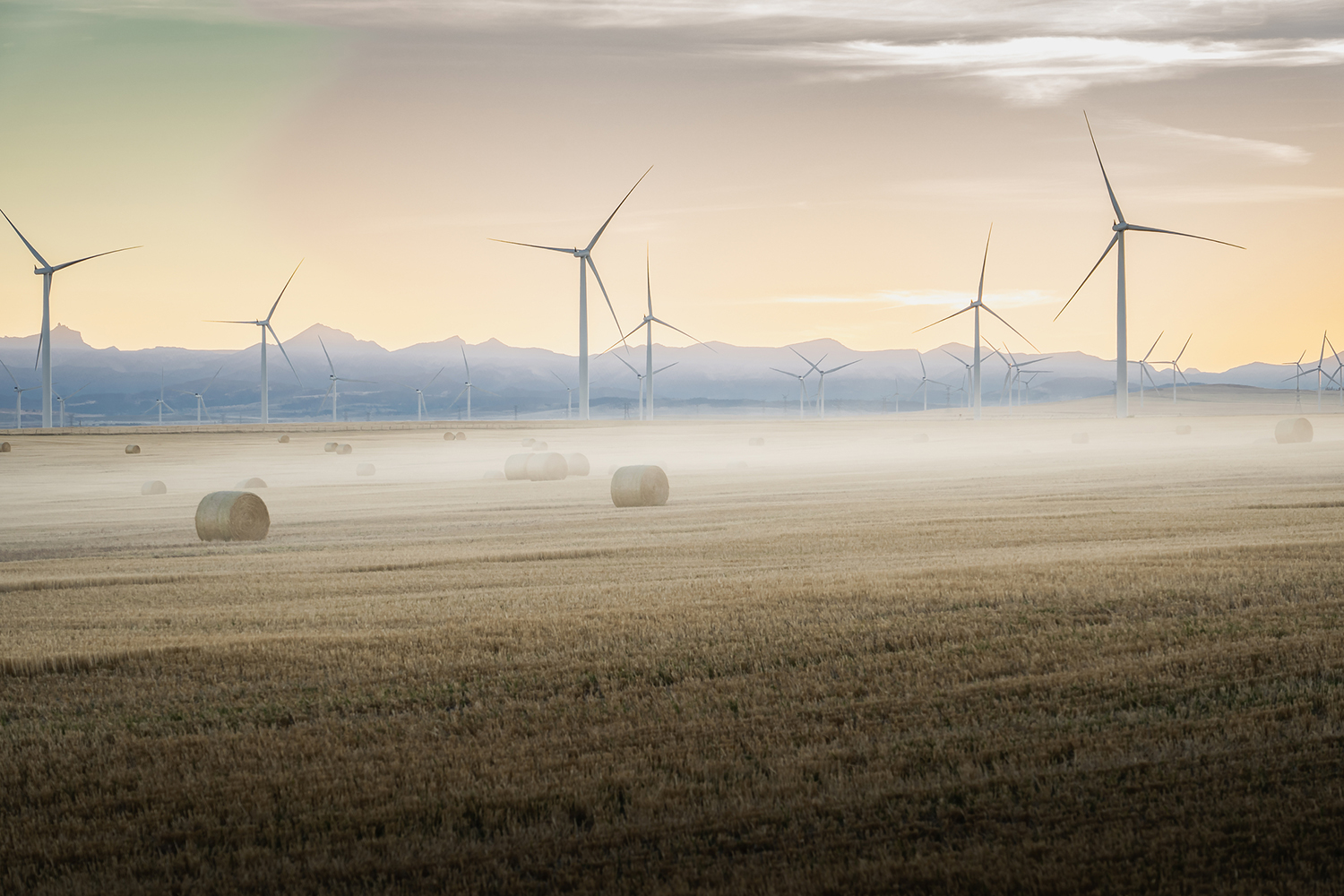The Turmoil Around Climate Change
Complexity, Conflicting Narratives, and (Hopefully) Wisdom

ID 275561401 © Ramon Cliff | Dreamstime.com
Much global turmoil is being blamed on climate change today. And it’s foolish to suggest that this change isn’t happening or significant. But as many spiritual teachers and those who study deep history point out, the Earth has gone through such perturbations many times in its 3.5 billion year history. So, from an admittedly detached cosmic perspective, this is nothing new.
It now appears that the contemporary way of life humanity has adopted, especially in the last 100 years or so, has gone in directions that work against the ability of Planet Earth to sustain us. Out of control Earth-unfriendly consumerism, corporatism, technological overkill, extraction-based approaches to precious and finite resources, all more or less based on the “more, better, faster” values of scientific materialism have made us highly vulnerable to these shifts and changes. Some spiritual teachers go a step further and say that the earth is simply purifying itself and shaking off the abuses that she has tolerated for so long. As Eliza Kendall has noted: “Mother Gaia is purifying, humanity is rapidly awakening . . . Cycles are completing, patterns are dissolving.”
Many scientists and the mainstream media now casually talk about climate change with great certainty. But it’s good to keep a few things in mind. No one can predict humanity’s future at this time. Not psychics. Not scientists. Not spiritual adepts. In terms of psychic ability, the powers of clairvoyance have certain known limitations. Sometimes the exact timing is off or even way off; or certain important details are not included. Some say that this is simply because the ability of spiritual adepts to tap into deeper levels of collective mind or being can often be distorted by their own karmic biases and human foibles.
Putting aside the dangerous and often unethical work still being done now with genetic engineering, the capabilities of Western science are quite amazing. But science also has certain limitations when it comes to climate change. Climate scientists are excellent at describing current conditions but there are important caveats. There are aspects of the natural world that remain elusive and poorly understood even if many scientists are sometimes reluctant to admit this. So, it’s legitimate to ask: how accurate are the predictions of climate scientists as to what will happen 10, 20, or 30 years from now?
Science can describe physical phenomena in the present very well. The same applies to the past. But by definition the work of science is descriptive in nature. How can it describe something that doesn’t yet exist? This is not to devalue the important work of climate scientists about where things might be headed, which is welcome and useful. Where we get into trouble is positing the current body of science as absolute or all-encompassing truth with little room for questioning.
Our current climate science has built-in limitations based on the fact that past data is not necessarily predictive of future outcomes. As a former futurist, I can tell you that this is a frequent error made in any academic discipline that involves making predictions. One interesting climate scientist, Judith Curry, President of the Climate Forecast Applications Network, has noted that there is a huge margin of error in IPCC climate predictions. She points out that, contrary to media reports, there is also considerable uncertainty about how much humans have contributed to it and not enough scientific understanding of solar influence in climate change including solar flares and CMEs.
So what does all of this mean? It means that humanity in the collective simply has no exact and completely accurate idea about what the future holds in terms of the habitability and ecological transformation of the planet. It means that it’s not beyond the realm of the possible that we might be heading for an ice age, a superheated planet, or even some kind of unexpected stabilization. It means that there’s no truly rational way to invest billions of dollars preparing for something that we’re still not sure about. It means that the possibility exists that scientific consensus can be wrong about certain climate issues and predictions. It means that we have to decide to what extent the problem is the climate or the kind of civilization that we’ve built based on a corporate-driven globalization model that implicitly rejects many local and regional resources.
What’s also concerning about climate predictions is how they’re being misused to further advance special and corporate interests. Yes, the climate is changing with significant impacts on weather patterns, ice sheets, ocean levels, and super storms. But mainstream narratives often seem to align a little too well with corporate interests. For example, there are now 8,000 new companies working on “solving” climate change mostly based on CO2 and carbon footprints. And there are several companies using genetic engineering to bring back long extinct species like the Wooly Mammoth and the Dire Wolf. (Species extinction? No problem, we’ll just create some new and improved animals in the lab.)
My suggestion for thinking about all this is a simple one: somewhere between the mainstream official narratives and climate denial lies the truth. What’s really needed is a shift in consciousness. Everyone has a role to play and is empowered to be a change agent in this passion play of spiritual evolution. We know this is already happening and, with enough momentum, this new way of thinking about our planetary home conceivably can guide us through these choppy waters. A return to honoring the natural world and (even better in the words of Morris Berman “re-enchanting the world”) means restoring all the important values that our modern way of life and out-of-control consumer culture have diminished.
Tom Valovic
Tom Valovic is a writer, journalist, and tai chi practitioner of 22 years. He is the author of Digital Mythologies, which explores the relationship between spirituality and technology. He writes about a variety of topics including healthcare, politics, technology, spirituality, and the environment. He has written articles about the relationship of culture and technology for Annals of Earth, Wisdom Magazine, The Whole Earth Review, The Boston Globe, The San Francisco Examiner, Media Studies Journal, and many other publications. Tom has been a board member at Brookline Tai Chi in Massachusetts and is co-founder of the Emergence Project.
He always enjoys hearing from readers. Feel free to e-mail him at cloudhands5885@gmail.com.
Don't Miss a Thing!
Get the latest articles, recipes, and more, when you sign up for the tasteforlife.com newsletter.

